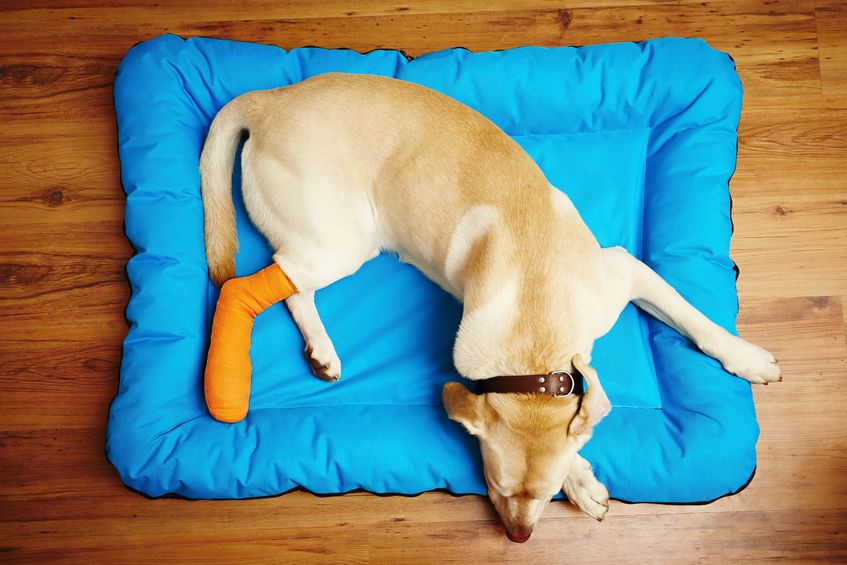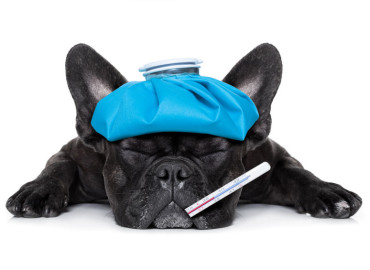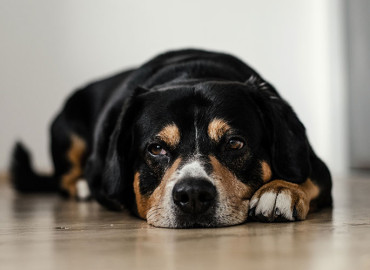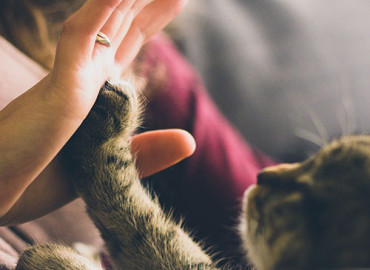When Rest is Best
As technically difficult as it can be, sometimes surgery feels like the easy bit. Keeping an energetic, wilful pet quiet for the time it takes for a surgical wound or fracture to heal can be a very difficult proposition. Modern analgesics, as essential as they are, can make pets feel like running and playing well before they are fully healed.
At Milton Village Vet we’ve come up with some simple helpful strategies to help flustered owners of recuperating pets.
Confine
A small, warm, easily cleaned room such as a laundry, second bathroom, garage or enclosed deck or balcony makes an ideal recuperating space. Alternatives include crate or play pen confinement for smaller pets.
Provide food, water and lots of soft bedding such as old sheets or towels. Lead walk in your backyard 4-5 times per day for toileting and do not allow off leash whenever outside of the confined space until the surgical wound has healed [skin and desex wounds take 2 weeks, ligaments, tendons and fractures 8-12 weeks].
Prevent Self Trauma
By restricting excess movement wounds tend to heal quicker but some dogs will still lick. Contrary to popular opinion licking does not assist healing. Instead it often infects, inflames and can cause wound breakdown. Check the wound daily and ring your vet if things don’t look quite right. An Elizabethan collar or woundgaurd spray are easy fixes for self trauma.
Divide and Conquer
For multiple pet households try to keep pets separate or consider asking family or friends to “dog sit” your normal pet for a few days.
Stay Calm!
Put the ball away, close the doggy door, place child proof gates on stairs, tell the kids to keep it down and try and cultivate an atmosphere of calm positive healing. Wind chimes, ambient music and incense are optional!
Admit Defeat?
Sometimes, especially for pets living on rural blocks, owners find it impossible to confine their pets. Fortunately at Milton Village Vet we offer safe and sound medical boarding for post operative patients in need of some TLC.
